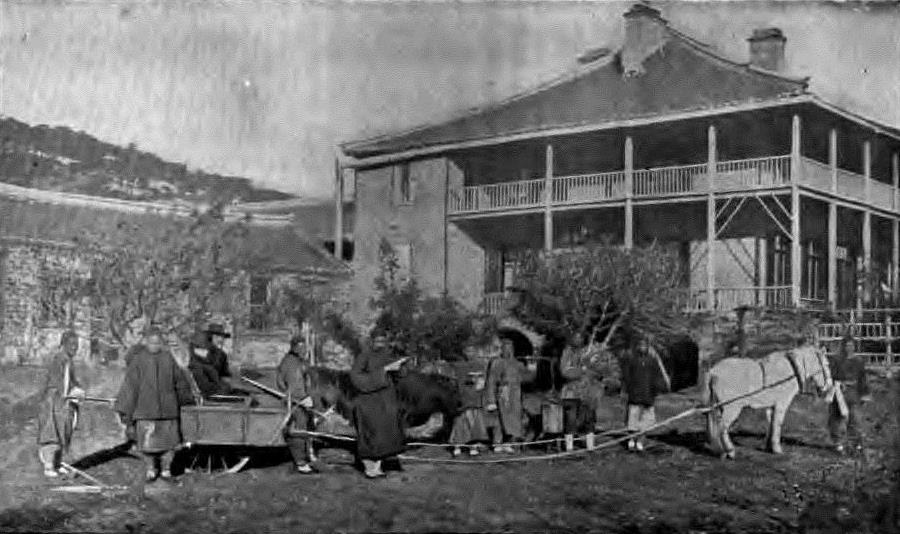The Rev. John L. Nevius: The Holy Spirit Gives a Lesson in Chinese
Helen Nevius related that the publication of Demon Possession “was strangely delayed” by one problem or another, and did not come out until after the author’s death.[9] The final draft was produced during Nevius’ last furlough in the United States (1891). By that time he was considered the dean of American missionaries and much sought after as a lecturer. During that furlough he spent his time researching possession outside of China, as well as researching the literature of spiritualism and mediumship which he considered a form of demonic possession.
Almost one hundred years after its publication, Demon Possession remains as one of the best works on the topic. (It has thankfully been reprinted, but it can also be completely downloaded from the web.)[10] Among the other virtues of the book are its excellent presentation of the Biblical and Patristic views of demons and possession. Interestingly, Nevius freely used data from the then new discipline of parapsychology and included many references to the writings of William James—a thing later Evangelical writers would be reluctant to do. Nevius’ identification of spiritualism as a form of demonic possession was sound, and would well serve those seeking to understand the New Age Movement.

Dr. Nevius in his wheelbarrow, ready for a country tour.
Because of his great fame as missionary and churchman, Demon Possession was surprisingly well accepted and reviewed in both the popular press and theological journals. The second edition of Demon Possession contained a collection of reviews that had appeared after the book was released. Many reviewers were convinced by Nevius’ work that possession was possible in China, but not in “Christian” countries like the United States, where the Church was strong. In this way the whole issue of possession and the demonic was set aside as an interesting curiosity, and certainly not serious enough a matter to disturb the “sound doctrine” of Protestant cessationism.
A careful reading of Demon Possession does not reveal if Nevius ever personally ministered exorcisms, or was always an observer of converts who did so. What is known is that within a decade on the publication of Demon Possession the common opinion in missionary circles was that exorcisms should be left to native converts. For example, in 1907, in a book intended as an introduction to the Chinese missions for Americans, the missionary-author W. E. Soothill, suggested that Western missionaries do not have enough faith for exorcisms, but the new converts do such ministry regularly.[11] Soothill elaborates with great honesty that the main reason the Chinese are delegated the unpleasant task of exorcism was the missionary’s fear of failure, especially the possibility of failure at a ministry where the far less educated converts succeed.[12]
Sadly, the devotional biography of John Nevius did not mention a single word of his work on exorcism and the demonic.
Category: Church History, Spring 2014


